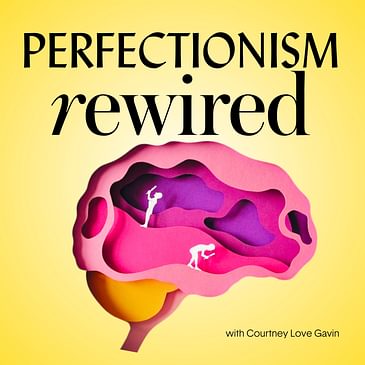Signs you’re programming your kids for anxiety without knowing it, how children pick up anxiety from perfectionistic parents, why traditional methods like therapy are 15x slower at achieving results, what *actually works* for caring, busy, perfectionist parents who want a physiology of excellence and how developing a physiology of excellence gives you unrivaled resilience, presence, and emotional intelligence
On paper, you’ve got it together— isn’t it time you felt like it? Perfectionism Optimized, private 1-1 coaching gives you the life-long skills to *finally feel* as amazing on the inside as your life looks on the outside. Get your stress-free start today at https://courtneylovegavin.com/optimized
Preventing passing of anxiety to your kids starts with understanding how your own physiology affects theirs. Children are always parroting you, especially how you carry worry, anxiety and guilt. Making it vital to learn how to metabolize your emotions efficiently with daily practices instead of shutting down or sweeping it under the rug. Learn how implementing a daily hygiene practice, like the patented E.P.I.C. Skills framework, you free up energy for what matters most and create a healthier environment for your whole family.
Perfectionism Rewired episode 411 on Fascia
Truth + Accuracy Brought To You By:
- Bordoni, B., & Simonelli, M. (2018). The Awareness of the Fascial System. Curēus. https://doi.org/10.7759/cureus.3397
- Langevin, H. M. (2022). Making Connections to Improve Health Outcomes - Helene M. Langevin, 2022. Retrieved June 22, 2024, from Global Advances in Health and Medicine website: https://journals.sagepub.com/doi/full/10.1177/2164957X221079792
- Lesondak, D. (2018, April 6). Fascia: What it is and Why it Matters. Retrieved June 22, 2024, from ResearchGate website: https://www.researchgate.net/publication/324261326_Fascia_What_it_is_and_Why_it_Matters
Perfectionism is very powerful. But only if you know how to leverage it. For more on optimizing your perfectionism go to courtneylovegavin.com
Get the BEST insights from today's episode + time-stamped show notes by subscribing to The Perfectionist Guide newsletter. To access + subscribe go to: https://courtneylovegavin.com/newsletter




